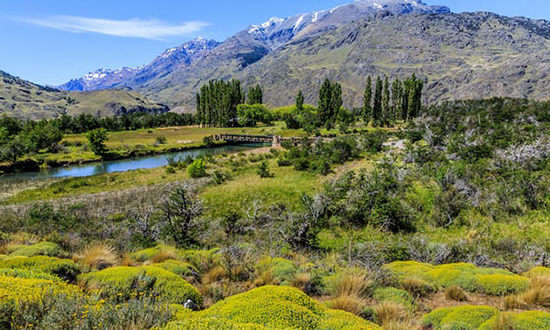Example #1: Creating Social Change with Knowledge
Groundwork USA’s Green Teams
Youth engagement strategies produce economic benefits both to the youth and the communities in which they live. Actively engaging youth in their communities strengthens social ties, fosters a sense of community, weakens the cycle of poverty, and inspires youth to achieve. Groundwork USA’s (GWUSA) Green Team program seeks to do just that by engaging high school-age youth from underserved and marginalized communities in environmental education, job training, stewardship, employment, and leadership opportunities. Read more from Community Science.
Example #2: Chile creates five national parks in historic act of conservation
Chile has created five sprawling national parks to preserve vast tracts of Patagonia – the culmination of more than two decades of land acquisition by the US philanthropists Doug Tompkins and Kristine McDivitt Tompkins and the largest donation of private land to government in South America.
The five parks, spanning 10.3 million acres, were signed into law on Monday by Chile’s president Michelle Bachelet, launching a new 17-park route that stretches down the southern spine of Chile to Cape Horn.
McDivitt Tompkins, the former chief executive of the outdoors company Patagonia, handed over one million acres to help create the new parks. The Chilean government provided the rest in federally controlled land.
'For every dollar you invest in national parks, you get 10 back; it’s more profitable than copper,' Hernán Mladinic, the executive director of Chile’s Fundación Pumalín, told The Guardian last year.
But protected areas can also have a less obvious effect on the local economy in developing countries: They can spur poverty alleviation.
'Research from around the globe suggests that parks can successfully balance conservation and development and are one of the most important mechanisms for permanent protection of natural resources,' said Katharine Sims, an economics and environmental professor at Amherst College."
You can also read more about this in the Huffington Post.





